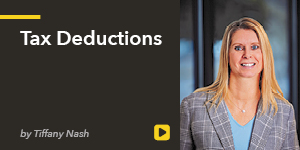
Beverage
The beverage industry is complex and highly competitive. There are constantly new entrants into the market, margins are tight, multi-state tax filings are often required, and affiliated tasting rooms, vineyards, and brewpubs lead to multiple revenue streams to manage.
As an Oregon-based firm started in 1945, Kernutt Stokes has grown alongside the beer and wine producers in the state. We specialize in partnering with beverage businesses on the whole business, not just on tax planning and compliance. We know that succeeding in the beverage industry requires considering all aspects of your business including your ownership structure, pricing, profitability, product distribution, taxes, and more.
At Kernutt Stokes, you’ll have an experienced team that also works alongside our other teams that work with industries associated with yours. The team specializing in agribusiness at Kernutt Stokes can lend their expertise related to your vineyard or hops-growing operation, or our transportation team can work with your distribution fleet. In addition, our teams are backed by the national resources of the BDO Alliance, so we can help you as your distribution grows and we need to consider multi-state tax issues or filings.
We are proud to be involved in many industry alliances including the Brewers Association and Oregon Brewers Guild. In addition, we make it a point to provide our clients’ beer and wine at our own events so we can support them while enjoying a tasty lager or a delicious pinot.
Now, let’s raise a glass to partnership and success in Oregon’s thriving beverage industry!
Services
Learn more about our other services for the beverage industry.
- Audit and Assurance
- Tax Consulting and Compliance
- Retirement Plan Services
- Employee Benefit Plan Audit
- Accounting Software Solutions
- Business Consulting
Affiliations


Meet Our Beverage Team Lead

“I really enjoy serving this industry because I'm passionate about craft beer. I’m a home brewer and I choose vacation destinations around breweries and beer-centric places. I feel lucky to be able to partner with beverage producers!”- Matthew Diment, CPA, Director of Niche Development



